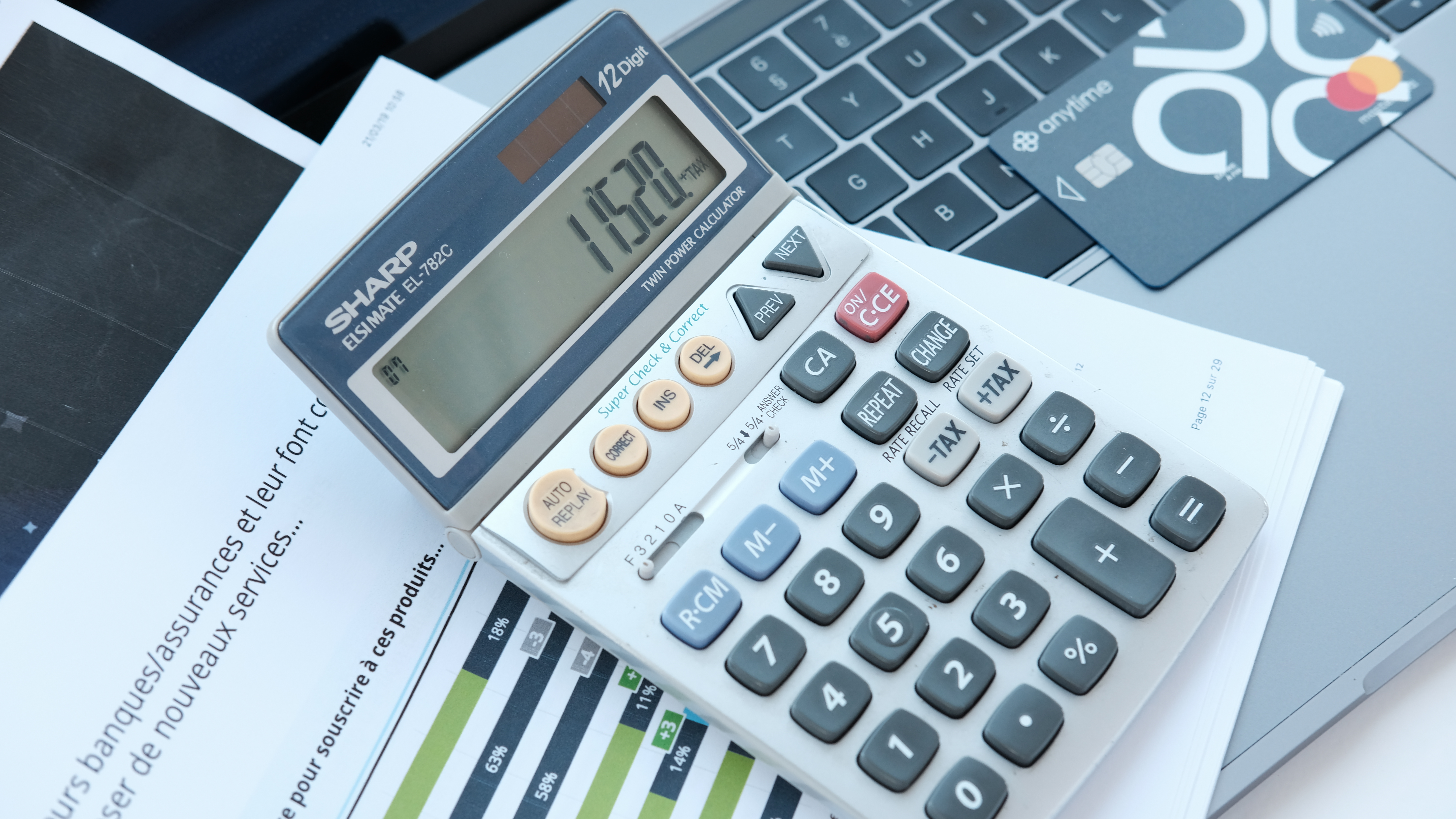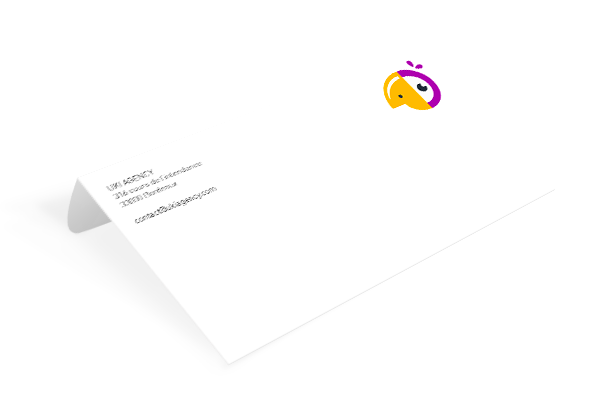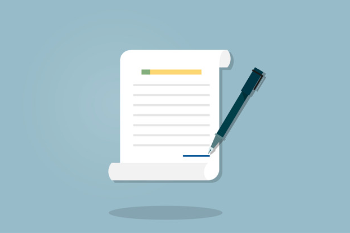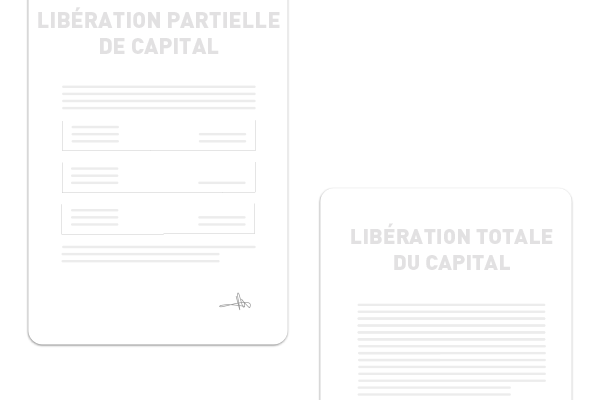
Maintenant que vous avez choisi le statut juridique de votre entreprise, il est important de se pencher sur vos obligations comptables.
En effet, en fonction de son statut, mais également de son régime d'imposition, chaque entreprise a des obligations comptables spécifiques. Faisons ensemble le tour d'horizon des différentes options 🕵️ !
Vous représentez une SARL, une EURL, une SAS ou une SASU 📃 :
| Vous avez un régime normal d’imposition, vous devez : | Vous avez un régime simplifié d’imposition, vous devez : |
|---|---|
| Enregistrer de manière chronologique tous les flux / transactions qui ont un impact sur le patrimoine de votre entreprise (ventes, achats, opérations bancaires, caisse, etc.). | Mettre en place une comptabilité de trésorerie durant votre exercice comptable. |
| Mettre en place une facturation respectant certains critères (mentions obligatoires par exemple). | Ne comptabiliser les créances et les dettes qu’à la clôture de votre exercice comptable. |
| Réaliser un inventaire au moins une fois par an, afin de contrôler physiquement l’existence et la valeur des actifs et des passifs du patrimoine de l’entreprise. | |
| Conserver les documents comptables et les pièces justificatives pendant 10 ans. |
Vous représentez une Entreprise Individuelle 🧑💻 :
Au delà du régime fiscal, les obligations comptables d'une entreprise individuelle dépendent également de la nature de son activité.
| Vous avez un régime réel normal (BIC), vous devez : | Vous avez un régime simplifié d’imposition (RSI), vous devez : | Vous avez un régime micro-BIC ou micro-BNC, vous devez : |
|---|---|---|
| Enregistrer de manière chronologique tous les flux / transactions qui ont un impact sur le patrimoine de votre entreprise (ventes, achats, opérations bancaires, caisse etc.). | Mettre en place une comptabilité de trésorerie durant votre exercice comptable. | Suivre vos recettes et dépenses dans des registres différents. |
| Mettre en place une facturation respectant certains critères (mentions obligatoires par exemple). | Ne comptabiliser les créances et les dettes qu’à la clôture de votre exercice comptable. | |
| Réaliser un inventaire au moins une fois par an, afin de contrôler physiquement l’existence et la valeur des actifs et des passifs du patrimoine de l’entreprise. | Faire une évaluation simplifiée des stocks et des en-cours de production. | |
| Centraliser les écritures comptables trimestriellement. | ||
| Déduire les frais de carburant de manière forfaitaire. |
Vous représentez une Entreprise Individuelle à responsabilité limitée 👤 :
| Vous avez un régime réel normal (BIC), vous devez : | Vous avez un régime simplifié d’imposition (RSI), vous devez : | Vous avez un régime micro-BIC ou micro-BNC, vous devez : |
|---|---|---|
| Enregistrer de manière chronologique tous les flux / transactions qui ont un impact sur le patrimoine de votre entreprise (ventes, achats, opérations bancaires, caisse etc.). | Mettre en place une comptabilité de trésorerie durant votre exercice comptable. | Etablir un livre des recettes et un registre des achats. |
| Mettre en place une facturation respectant certains critères (mentions obligatoires par exemple). | Faire une évaluation simplifiée des stocks et des en-cours de production. | |
| Réaliser un inventaire au moins une fois par an, afin de contrôler physiquement l’existence et la valeur des actifs et des passifs du patrimoine de l’entreprise. | Centraliser les écritures comptables trimestriellement. | |
| Conserver les documents comptables et les pièces justificatives pendant 10 ans. | Déduire les frais de carburant de manière forfaitaire. |
Vous représentez une Association 👫 :
Les obligations comptables d'une association dépendent de sa taille, de son activité, de son financement et de sa fonction lucrative ou non.
Ainsi, un plan comptable associatif (qui est une adaptation du plan comptable général) est exigé pour :
- les associations percevant une aide publique supérieure à 23 000 € ;
- les associations financées par des collectivités territoriales sur plus de 50 % de leur budget ou pour plus de 75 000 € ;
- les associations percevant des subventions publiques de l'État ou des collectivités locales pour un montant annuel dépassant 153 000 € ;
- les associations ayant une activité économique et remplissant au moins deux des trois critères suivants : bilan supérieur à 3,1 millions d'euros, bilan de plus de 1,55 millions d'euros, effectifs dépassant 50 salariés ;
- les associations exerçant une activité commerciale et fiscalisée ;
- les associations reconnues d'utilité publique ;
- les associations qui sollicitent l'agrément d'une autorité publique et qui, de ce fait, font l'objet d'une convention fixant les conditions de l'agrément (sauf si une loi précise ces conditions) ;
- les associations ayant pour but exclusif l'assistance, la bienfaisance, la recherche scientifique ou médicale et reconnues comme telles par arrêté ;
- les associations gérant des établissements du secteur sanitaire et social ;
- les associations d'intérêt général recevant des versements par l'intermédiaire d'associations relais ;
- les associations faisant appel à la générosité publique ;
- les associations émettant des valeurs mobilières ;
- certaines associations et groupements sportifs ;
- les groupements politiques et les associations de financement électoral ;
- les associations en redressement ou en liquidation judiciaire.
Cela concerne moins de 5 % des associations, mais pour autant, il est fortement recommandé à toutes les associations de tenir un plan comptable pour le bon fonctionnement de l'organisme. 💯
Quel que soit votre statut, respecter vos obligations comptables assurera une bonne gestion et organisation de votre entreprise, alors prenez les devants dès le début ! 🚀
Anytime vous propose notamment de numériser toutes vos notes de frais répondant aux exigences de l’administration fiscale. Stockés sur un serveur sécurisé, ces documents seront conservés pendant 10 ans 🎉 . Cliquez ici pour en savoir plus !








